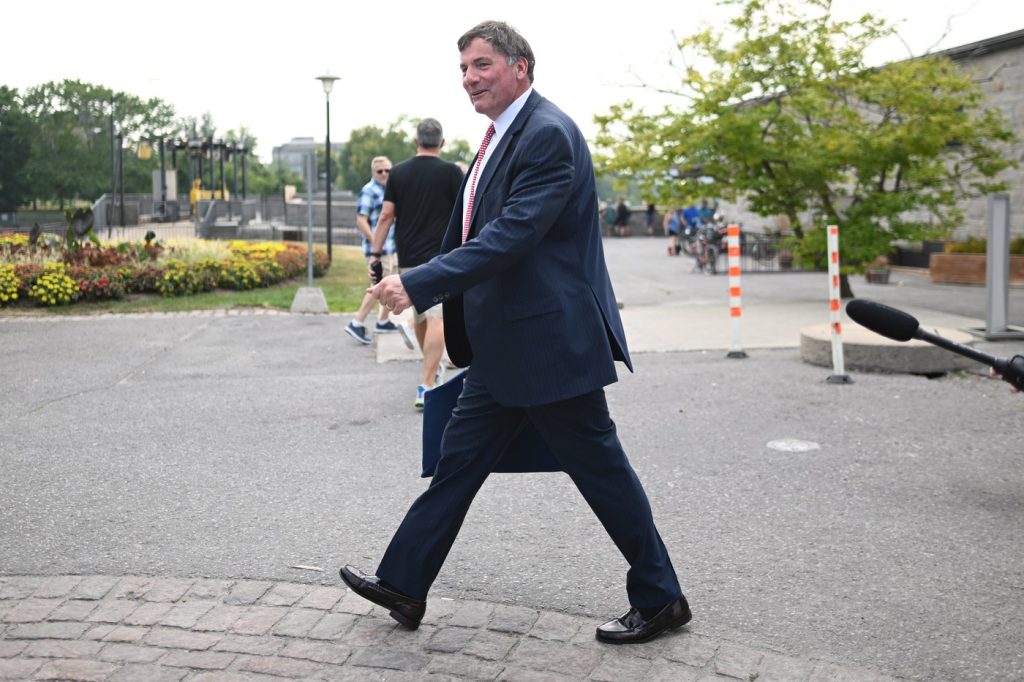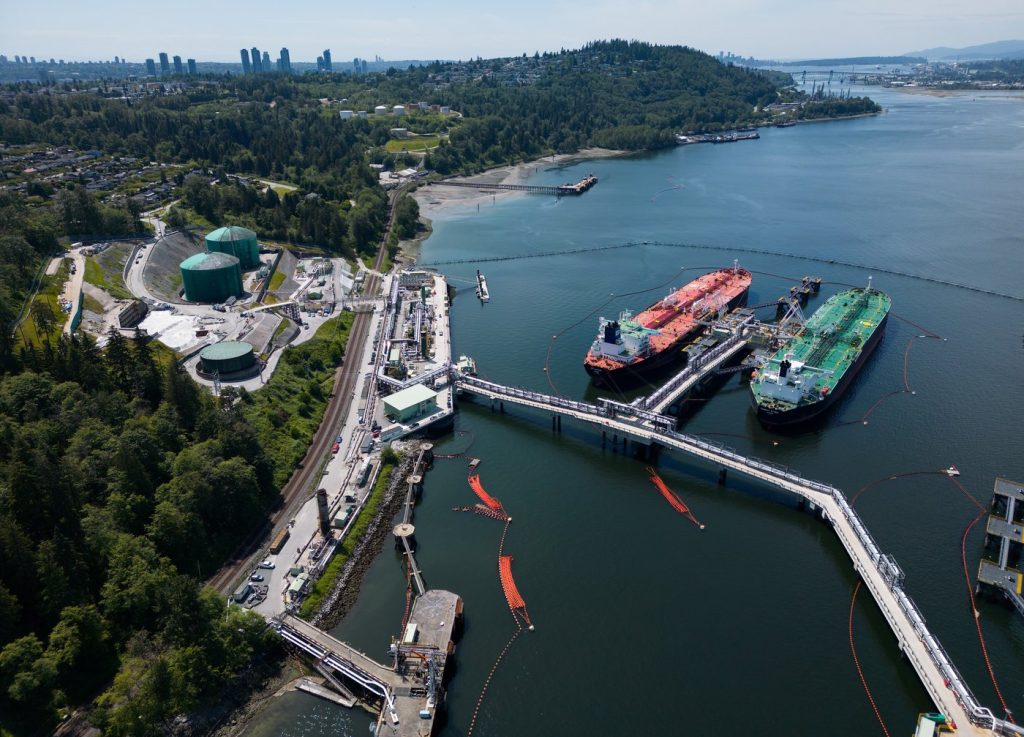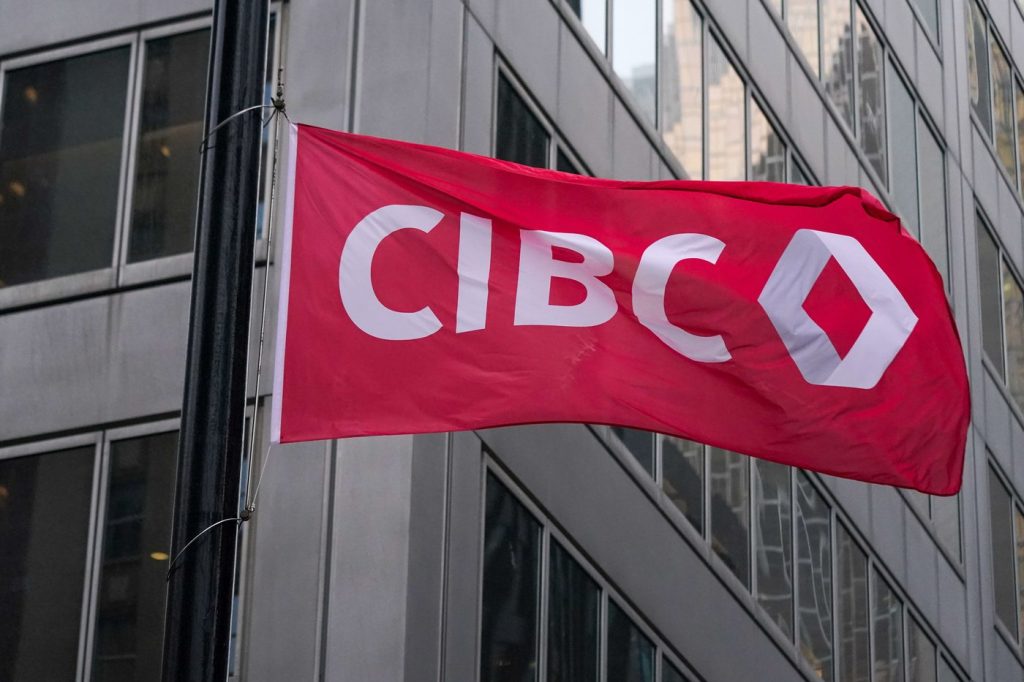On Tuesday in Washington, Canada-U.S. Trade Minister Dominic LeBlanc held a significant meeting with U.S. Commerce Secretary Howard Lutnick, aimed at seeking relief from President Donald Trump's tariffs affecting key Canadian sectors. This meeting was also attended by Canada's Ambassador to the U.S., Kirsten Hillman, and is described as lengthy and constructive. LeBlanc's Chief of Staff, Marc-André Blanchard, is also in the U.S. capital this week, indicating a strategic diplomatic effort by Canada.
The discussions come in the wake of an announcement made by Prime Minister Mark Carney last Friday, stating that Canada will eliminate some retaliatory tariffs on U.S. products. This move is intended to align with American tariff exemptions for items covered under the Canada-United States-Mexico Agreement (CUSMA). In March, Canada had imposed 25 percent tariffs on a range of American goods, including oranges, alcohol, motorcycles, and cosmetics. The exemption for American imports under CUSMA is set to take effect on September 1.
LeBlanc noted that Canada's counter-tariffs have been a major sticking point in negotiations with the Trump administration regarding a new economic and security relationship. While Canada is prepared to drop certain tariffs, the counter-tariffs on steel, aluminum, and automobiles will remain intact. Although the tariffs on automobiles align with U.S. standards, Canada's rates on steel and aluminum are still set at 25 percent, despite the U.S. increasing its own rates to 50 percent in June.
The primary aim of the talks with the U.S. is to broker a bilateral deal that eases the pressures arising from Trump's sector-specific tariffs, especially in critical industries like steel, aluminum, and automobiles, ahead of the forthcoming CUSMA review. In August, Trump raised tariffs on Canada to 35 percent, claiming that issues such as the flow of fentanyl and retaliatory tariffs were contributing factors to this increase. It is worth noting that these new tariffs do not apply to goods that comply with CUSMA regulations.
Carney, who was in Latvia's capital concurrently, emphasized that 85 percent of Canadian goods are still tariff-free and that Ottawa's primary focus is on addressing the significant impact of Trump's separate duties on key sectors, including steel, aluminum, automobiles, copper, and lumber. He remarked, “Those are the areas where immediately we are focused on improving the outcomes if we can,” during a news conference with Latvian Prime Minister Evika Silina.
LeBlanc has indicated that ongoing discussions with American officials involve "a package of stuff" that could encompass investment opportunities in sectors such as defense and security, which may also coincide with relief from tariffs on Canadian industries. Meanwhile, President Trump has shown a steadfast resolve to maintain his global tariff regime. During an extensive cabinet meeting that lasted over three hours on Tuesday, Trump asserted that his tariffs have been beneficial, claiming they are generating revenue for the federal government and revitalizing domestic manufacturing.
Trump proclaimed that "factories are booming" across the nation and that the auto production outlook will be "thrilling" in two years, as manufacturers are reportedly “building plants all over the country” as a direct result of the tariffs.
This complex trade dynamic reflects ongoing tensions between Canada and the U.S., underscoring the importance of diplomatic engagement in navigating issues surrounding tariffs and trade relations.












